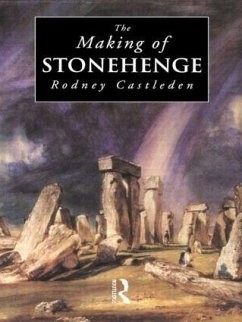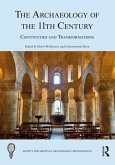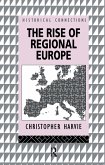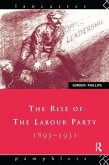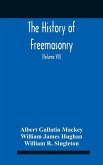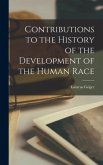Every generation has its own view of Stonehenge, but rarely do these interpretations relate to the physical, ecological, economic and social realities of the monument and its prehistoric past. In "The Making of Stonehenge" Rodney Castleden provides a far more comprehensive sense of Stonehenge--both in relation to the similar sites nearby and in terms of its uses. First describing those elements which made possible the assembly of this vast stone circle, Castleden also speculates about the society which undertook the enormous task of transporting and raising these giant vertical stones. Castleden suggests that there is no one "meaning" or "purpose" for Stonehenge, but that from its very beginning it has filled a variety of needs. The Romans saw it as a center of resistance; the antiquaries who "rediscovered" it in the 17th century believed it gave them insight into the nation's past. Archaeologists see it as a subject for rational, scientific investigation; the National Trust and English Heritage view it as an unfailing tourist attraction; and UNESCO has declared it a World Heritage Site, the cultural property of the whole of humanity. Castleden examines how the ancient reality of Stonehenge has been lost amid these competing views, and considers the consequences of Stonehenge's continual mythologization and reappropriation.

